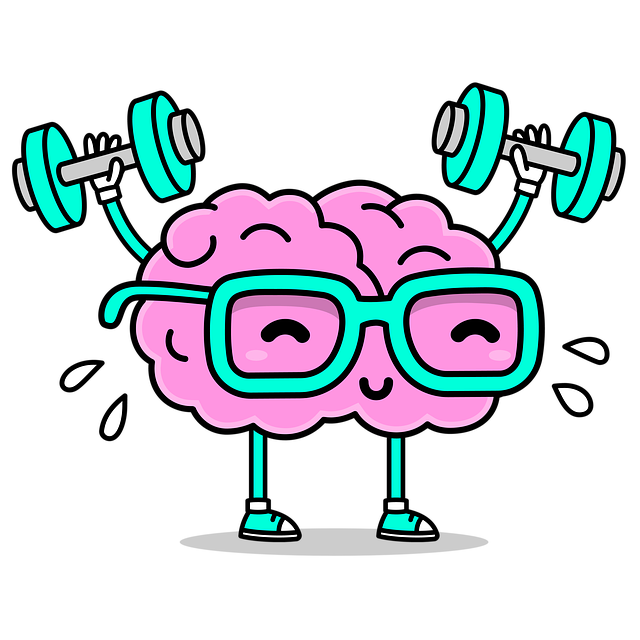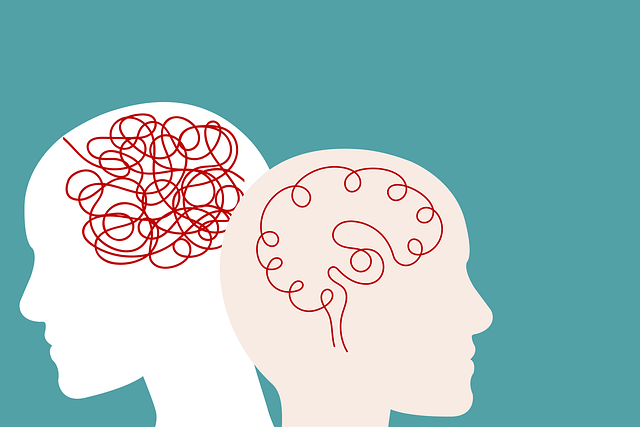The Lakewood Stress Management Therapy (LSMT) integrates with digital self-assessment tools to empower individuals in managing their mental wellness. These tools guide users through journaling, identifying triggers and thought patterns, and practicing mindfulness exercises like guided meditations, enhancing self-reflection and connection with emotions. Combined with evidence-based practices such as cognitive-behavioral techniques (CBT), these platforms offer a holistic approach to prevent anxiety, depression, and similar issues, ultimately improving quality of life by fostering proactive mental health management.
Mental wellness self-assessment tools have emerged as powerful resources for personal growth. In this article, we explore the development of such tools, focusing on the Lakewood Approach—a holistic method prioritizing mental wellness. We delve into designing effective tools tailored for stress management and personal growth, integrating therapy techniques to enhance user experience and outcomes. By combining evidence-based practices with user-centric design, these platforms offer a transformative path to improved mental health, akin to Lakewood Stress Management Therapy.
- Understanding Mental Wellness Self-Assessment: The Lakewood Approach
- Designing Effective Tools for Personal Growth and Stress Management
- Integrating Therapy Techniques into Self-Assessment Platforms
Understanding Mental Wellness Self-Assessment: The Lakewood Approach

Mental wellness self-assessment tools play a crucial role in empowering individuals to take charge of their mental health. One notable approach, embraced by the Lakewood Stress Management Therapy, emphasizes the importance of understanding one’s unique relationship with stress and emotional well-being. This method goes beyond mere assessment by offering practical tools like Mental Wellness Journaling Exercise Guidance, enabling people to introspect and identify triggers, thought patterns, and coping mechanisms.
By employing this strategy, individuals can gain profound insights into their mental wellness landscape. It encourages self-reflection, fostering a deeper connection with one’s emotions and thoughts. This process is transformative, allowing folks to develop tailored strategies for managing stress and promoting overall mental health, thereby enhancing their quality of life.
Designing Effective Tools for Personal Growth and Stress Management

Effective self-assessment tools for mental wellness should be designed with a dual purpose: personal growth and stress management. These tools must go beyond simply identifying symptoms; they should equip individuals with actionable strategies to foster resilience, enhance coping mechanisms, and ultimately improve their overall well-being. By integrating evidence-based practices such as cognitive-behavioral techniques, mindfulness exercises, and positive psychology principles, self-assessment platforms can provide users with a holistic approach to navigating life’s challenges.
For instance, developing modules that focus on stress management in Lakewood can be immensely beneficial. These modules could include guided meditations tailored to different scenarios, journaling prompts for emotional reflection, and interactive modules teaching time management and prioritization skills. By addressing both the mind and body, these tools not only help individuals manage existing stress but also serve as preventative measures against anxiety, depression, and other mental health concerns. Additionally, incorporating features that boost confidence and self-esteem can empower users to take charge of their mental wellness journey.
Integrating Therapy Techniques into Self-Assessment Platforms

Integrating Therapy Techniques into self-assessment platforms offers a promising approach to enhancing mental wellness. By incorporating elements from established therapeutic modalities like Lakewood Stress Management Therapy, these digital tools can provide personalized guidance and support for users seeking to improve their mental health. For instance, platforms might include features such as guided meditations, cognitive behavioral therapy (CBT) exercises, or mindfulness practices, all tailored to the individual’s needs based on their assessment results.
This integration goes beyond mere information sharing; it encourages active engagement in coping strategies and fosters positive thinking. Furthermore, by reducing the stigma associated with mental illness through these accessible platforms, individuals are more likely to proactively participate in self-care practices. As a result, they can develop effective tools for managing stress, anxiety, and other common mental health concerns, ultimately contributing to improved overall well-being.
Mental wellness self-assessment tools, such as the Lakewood approach, are valuable resources for personal growth and stress management. By integrating effective therapy techniques, these platforms empower individuals to take control of their mental health. The development of such tools should focus on creating intuitive, user-friendly interfaces that encourage consistent use, enabling users to track progress and make informed decisions regarding their well-being. Incorporating evidence-based practices from Lakewood Stress Management Therapy can help foster resilience, improve coping mechanisms, and ultimately enhance overall mental wellness.












